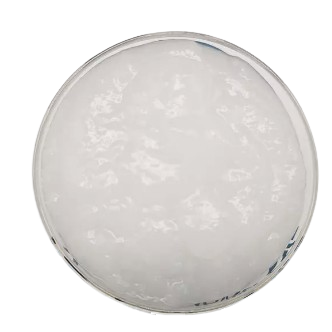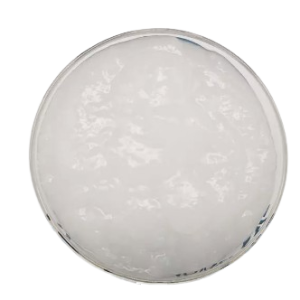Bacterial Nanocellulose (BNC) is emerging as a groundbreaking material with vast potential across various industries. This article delves into the BNC series, exploring its unique properties, diverse applications, and the exciting future it promises. Discover the advantages of bacterial nanocellulose and how it's poised to revolutionize everything from packaging to medicine.
Explore BNC Solutions
Bacterial nanocellulose (BNC) is a naturally produced nanomaterial synthesized by bacteria. Unlike plant-derived cellulose, BNC boasts exceptional purity, high tensile strength, and a unique 3D network structure. These properties make it an ideal candidate for a wide array of applications.
The advantages of bacterial nanocellulose are numerous. Its biocompatibility makes it suitable for medical applications, while its strength and flexibility make it perfect for nanocellulose in packaging. Furthermore, BNC is a sustainable materials nanocellulose, offering an eco-friendly alternative to traditional materials.
The BNC series applications span diverse fields. In the realm of BNC in medical applications, it's used in wound healing and drug delivery. The applications of BNC in cosmetics are also gaining traction, with BNC being used in facial masks and skincare products. Moreover, its role in eco-friendly packaging solutions is becoming increasingly significant.
Understanding BNC properties and uses is crucial to harnessing its full potential. Its high water-holding capacity, combined with its tensile strength, makes it an excellent material for various applications. Learning how to use bacterial nanocellulose effectively can lead to innovative solutions across industries.
Bacterial cellulose production methods are continually being refined to improve efficiency and scalability. BNC innovations are driving the development of new applications and enhancing its properties. These advancements are paving the way for the future of nanocellulose technology.
Nanocellulose and biocompatibility go hand in hand, making BNC an ideal material for biomedical applications. Its non-toxic nature ensures that it can be safely used in contact with human tissues, opening doors for advanced medical treatments.
The impact of BNC on industries is substantial. From enhancing the sustainability of packaging materials to revolutionizing medical treatments, BNC is poised to transform various sectors. Staying updated with BNC series research updates is essential for businesses looking to leverage this material.
When comparing nanocellulose vs traditional materials, BNC stands out due to its superior properties and sustainability. Unlike synthetic polymers, BNC is biodegradable and renewable, making it a more environmentally friendly choice.
The bacterial nanocellulose market trends indicate significant growth in the coming years. As more industries recognize its potential, the demand for BNC is expected to rise, driving further innovation and development.
Ensuring BNC safety and regulations is paramount. Adhering to established guidelines guarantees that BNC is produced and used responsibly, minimizing any potential risks to human health and the environment.
Various nanocellulose extraction methods are employed to isolate BNC from bacterial cultures. These methods range from mechanical processes to chemical treatments, each with its own advantages and disadvantages.
BNC offers high purity, excellent biocompatibility, superior mechanical strength, and is biodegradable, making it a sustainable and versatile material.
BNC can be applied in medical, cosmetics, packaging, and industrial sectors, among others.
Yes, BNC's biocompatibility makes it safe for various medical applications, including wound dressings and drug delivery systems.
BNC is biodegradable and produced from renewable resources, unlike many traditional materials that are synthetic and non-biodegradable.







